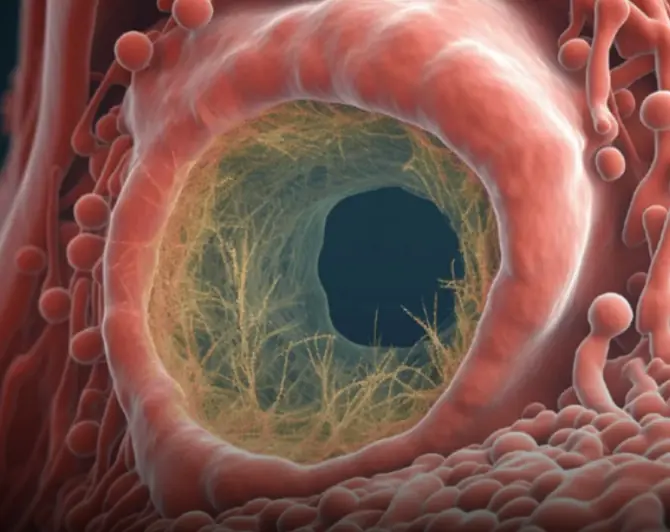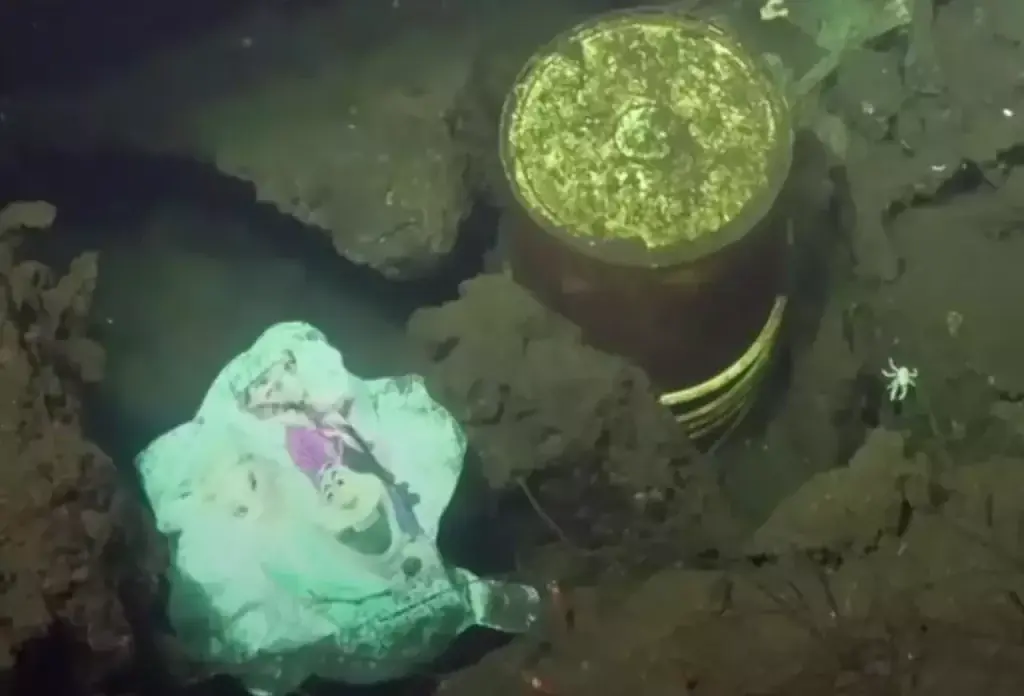
Is Air Conditioner Water Clean or Dirty? Can It Be Reused
Is Air Conditioner Water Clean or Dirty? Can It Be Reused? Not Everyone Knows the Answer
Throwing away the water dripping from your air conditioner might actually be a waste.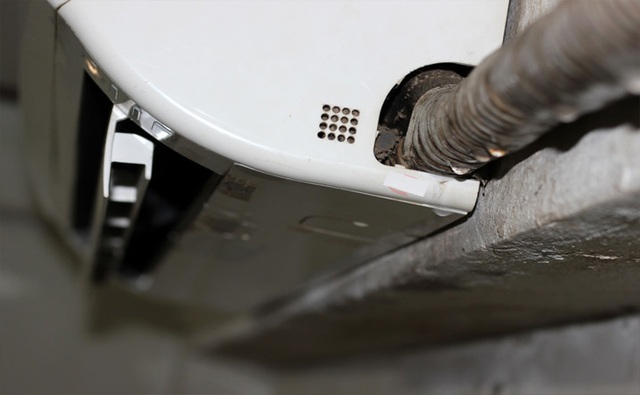
During summer—especially on scorching hot days—air conditioners become the “lifesaver” for many households. However, one common phenomenon is water dripping from the indoor unit. Many people wonder: Is this water clean or dirty? Can it actually be reused?
Expert Explanation
According to experts and AC manufacturers, the water that drips from air conditioners is actually condensed moisture from the air. In theory, it is relatively pure, almost similar to distilled water.
This means the water is not “dirty” or “wastewater.” However, experts emphasize that during operation, the water passes through pipes, metal surfaces, and the cooling coil, where it may accumulate dust, bacteria, or mold. Therefore, it cannot be considered completely clean.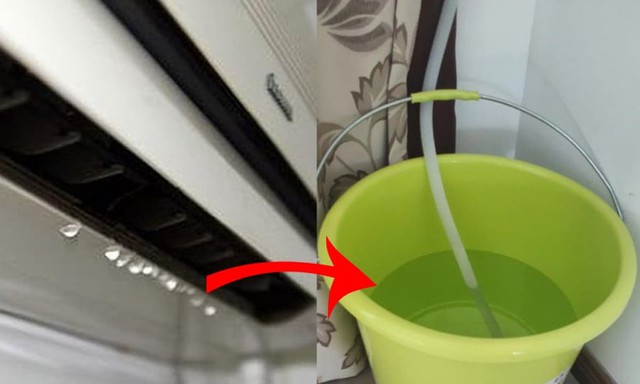
“We can’t say AC water is 100% dirty, but it should not be treated as entirely clean either. It usually contains some impurities, especially if the AC hasn’t been cleaned for a long time,” according to a report from Dien May Cho Lon Electronics Supermarket.
How Can AC Water Be Reused?
In reality, discarding all the water is somewhat wasteful. It should not be used for drinking or cooking, since it may contain bacteria and mold harmful to health.
Instead, AC water can be reused for:
-
mopping floors,
-
cleaning furniture,
-
flushing toilets,
-
cleaning pipes,
-
washing vehicles,
-
rinsing cloths,
-
or watering plants.
According to IIFIIR (Qatar), AC condensate can be used for irrigation, cleaning, or industrial applications. With proper UV or ozone treatment, the water quality can even approach potable standards.
A 2024 Science Direct study also confirmed that AC condensate has good potential for reuse, but its BOD, COD, and turbidity levels do not meet direct drinking standards. The authors recommended it only for non-food purposes.
When Is AC Water a Warning Sign?
Not all dripping is normal. Sometimes, unusual leaks may signal a malfunction.
According to Better Homes & Gardens, the most common cause is a clogged drain pipe due to dirt, algae, or debris buildup. When blocked, water backs up and overflows, causing mold and unpleasant odors. A cracked or rusty drain pan can also lead to leaks.
Another issue is a frozen evaporator coil. As Cielo Wigle explains, when the ice melts, excess water may overwhelm the drainage system. Causes include low refrigerant levels, dirty filters, or poor airflow. Similarly, ARS (USA) notes that insufficient refrigerant makes coils freeze faster, leading to heavy leaks when the AC shuts off.
For ceiling-mounted AC units, a faulty condensate pump is another common problem. If the pump stops working, water accumulates inside and leaks. TCL China also warns that improper installation can cause water to flow in the wrong direction, soaking walls or ceilings.
Expert Advice
If you notice unusual leaking, don’t ignore it. Regular cleaning of drain pipes, drip pans, and filters—along with refrigerant maintenance—helps the AC run smoothly and prevents costly breakdowns.
Unusual water leaks are not just an inconvenience but also an early warning sign. Timely inspection and repair can save money, extend the system’s lifespan, and ensure safer operation.
News in the same category

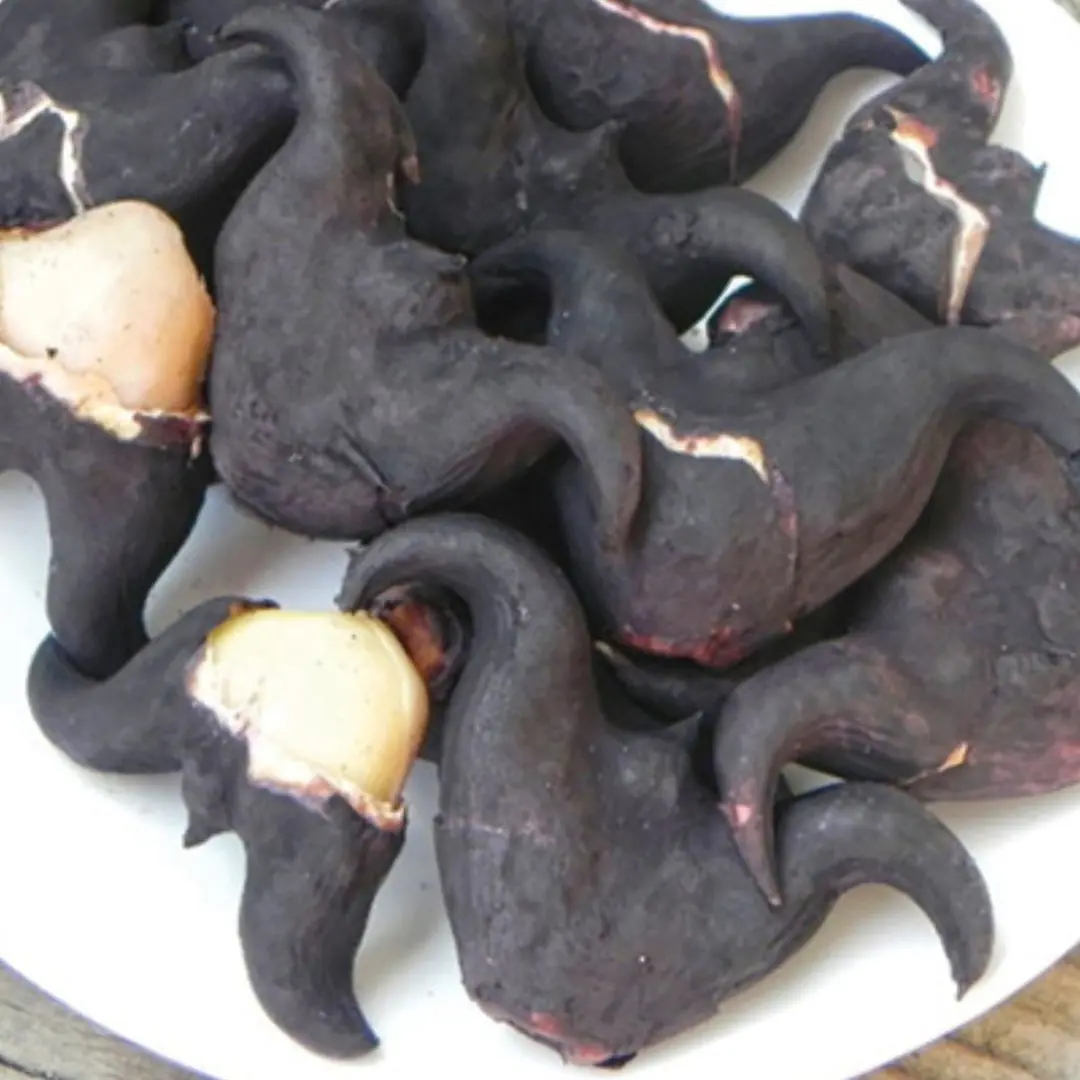
11 uses of this tuber that 98% of people ignore

A Family of Three Was Hospitalized After Eating Fried Eggs
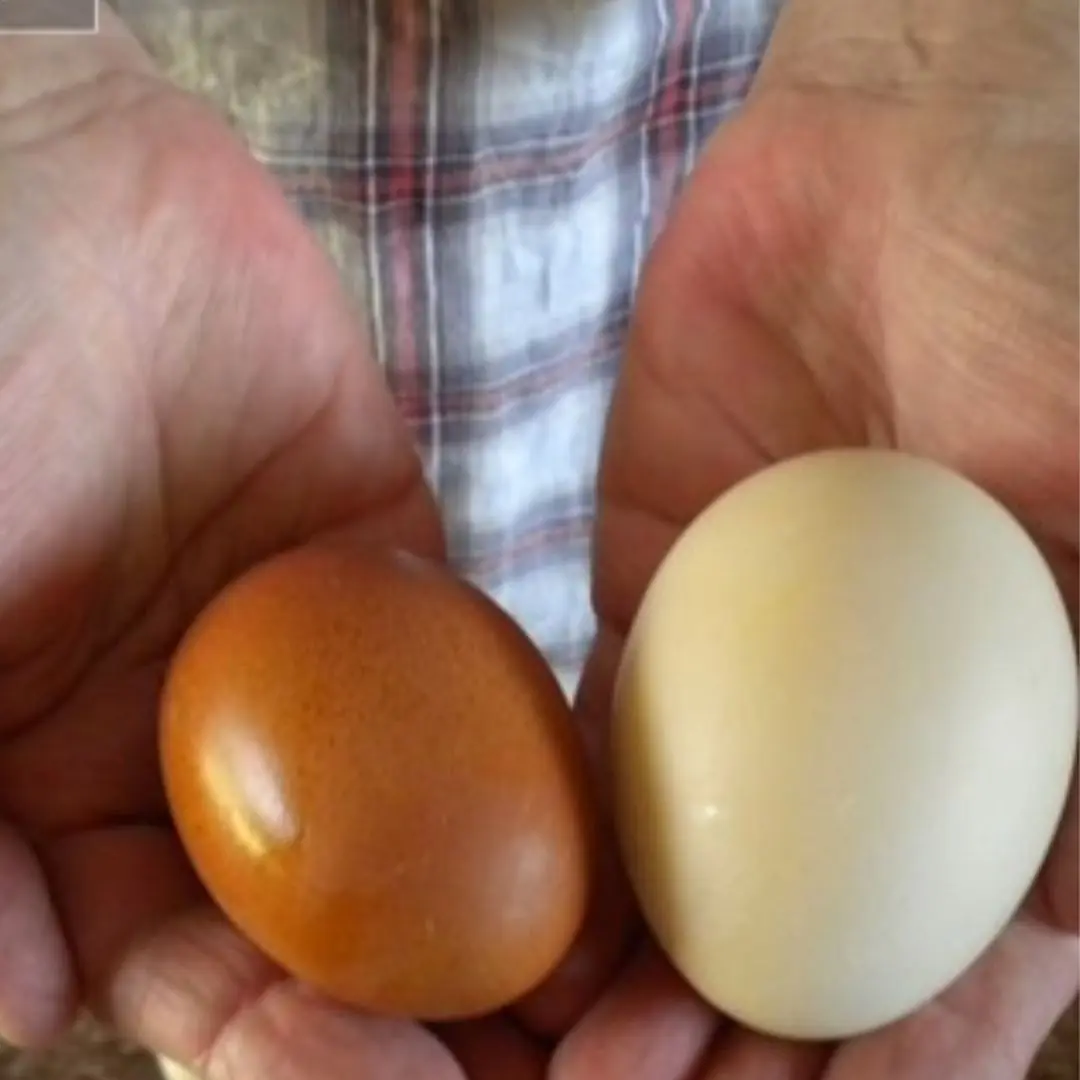
Chicken vs. duck eggs: Due to a simple misconception, countless people have lost the chance to fully benefit from their nutrients
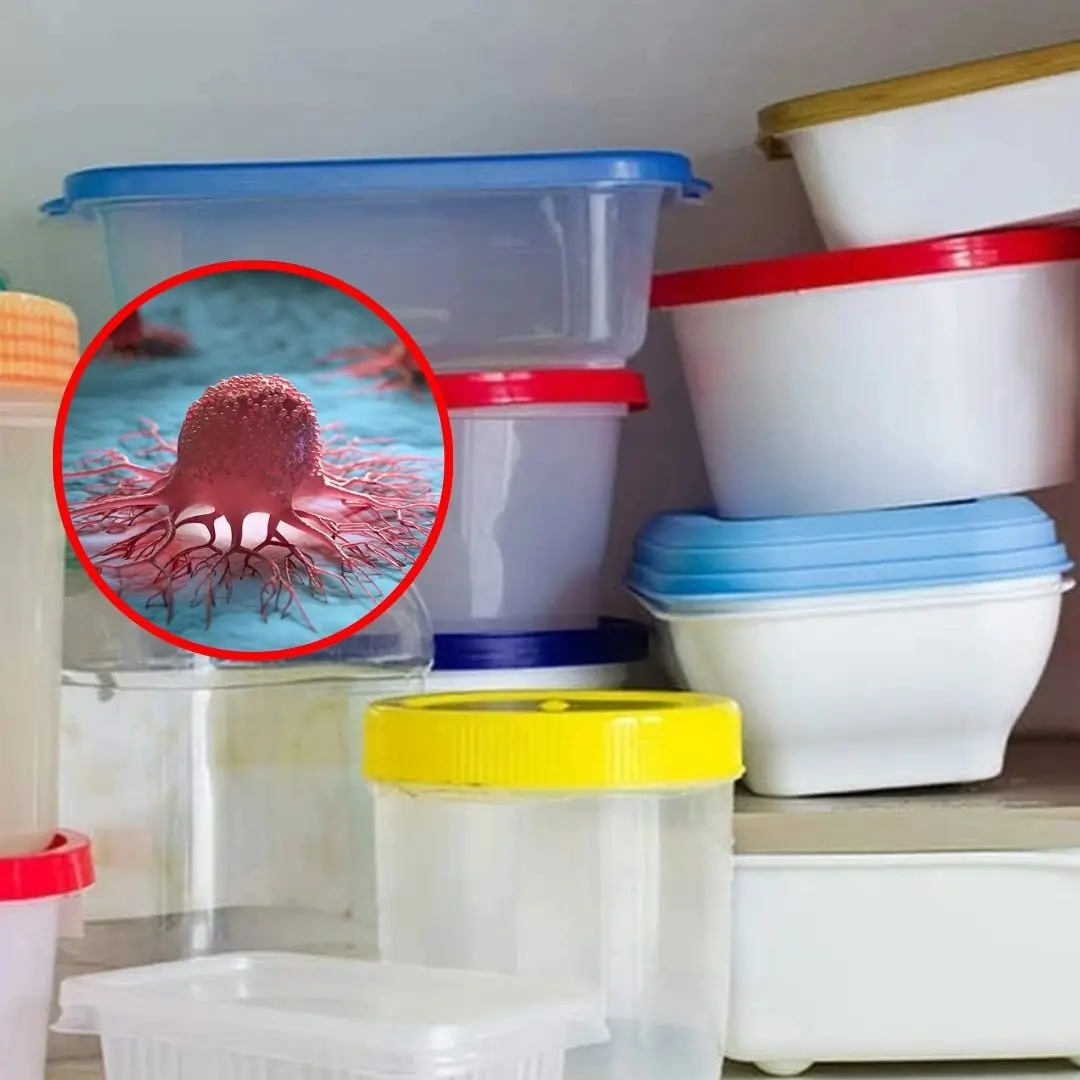
95% of people don’t realize these common kitchen items could be carcinogenic — the second one will sh.o.ck you

If You See These 5 Signs in Potatoes, Never Buy or Eat Them!
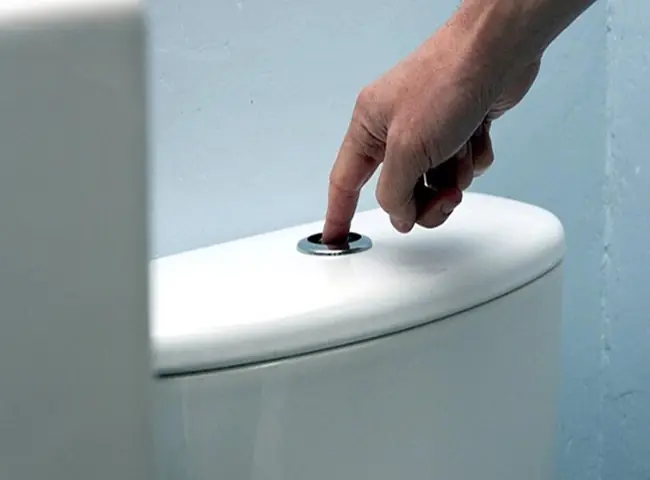
When flushing the toilet, never do these 4 things!

Man Says Goodbye To His Wife As They Took Her Off Life Support, But Then She Utters 5 Words

A Legacy Of Health: Soong Mei-Ling’s Longevity And Struggle Against Can:cer

4 Things You Should Never Say At A Funeral — No Matter What

Flight attendant explains the unexpected reason cabin

A 25-Year-Old Woman Developed Nep.hritis Due to a Popular Beauty Habit
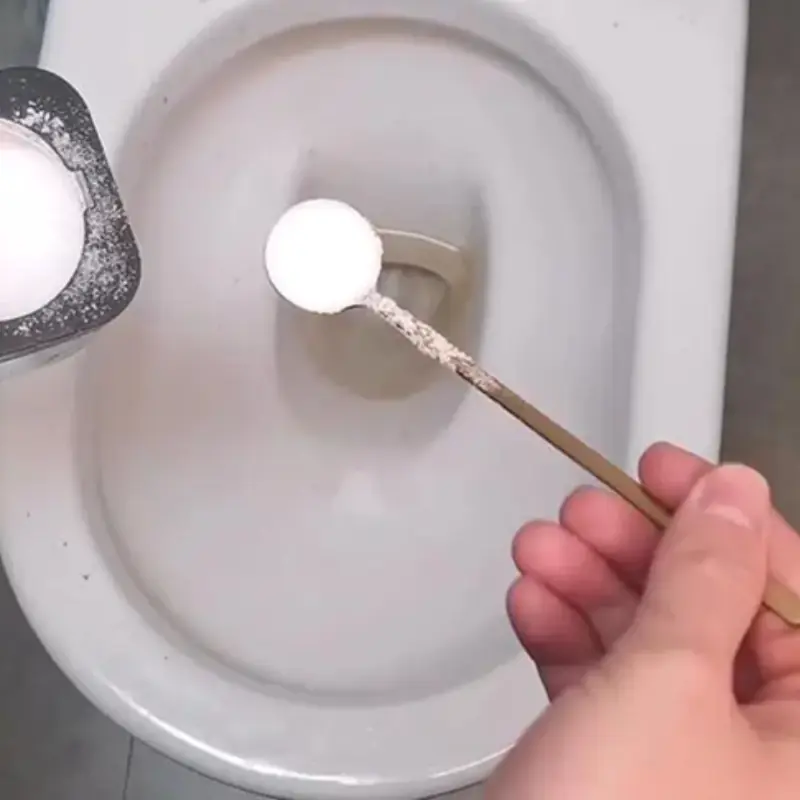
Sprinkle a Handful of Salt into the Toilet

What really happens to your body when you sleep with a fan on?

8 Early Warning Signs of Art.hr.itis You Must Pay Attention To
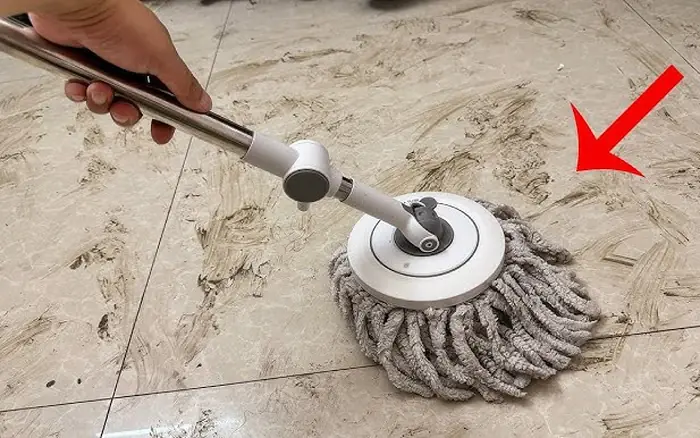
4 Household Items That Are “Dirt Magnets,” Used Daily, Some Even Dirtier Than a Toilet

Eating Fish Regularly Can Be Harmful for 5 Groups of People

6 Foods That Are “Li.ver Destroyers” People Still Eat Every Day

5 Types of Beef You Should Never Eat Even If Given for Free
News Post

5 life skills children need to learn early to protect themselves and save others

5 Habits That Destroy Your Sto.mach
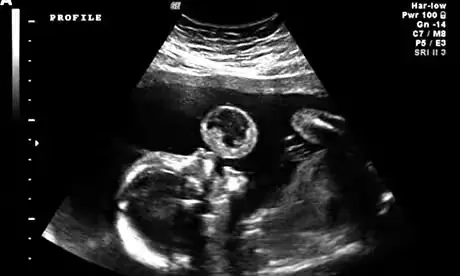
Mother’s Ultrasound Shows Baby ‘Blowing Bubbles’
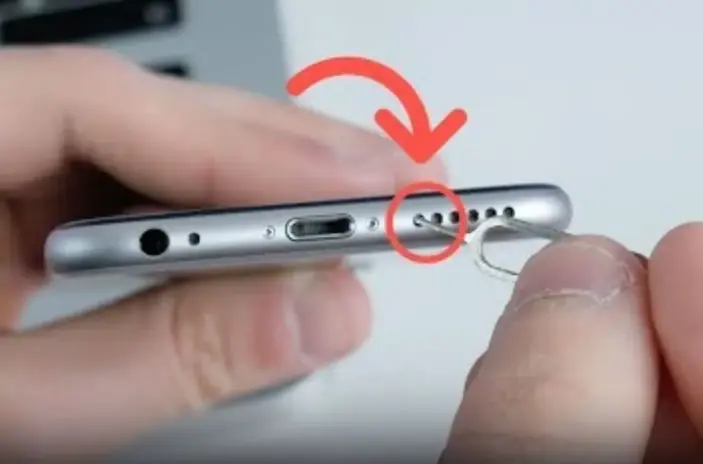
Simple tips to clean phone speakers at home, anyone can do it

Don’t Underestimate Figs! Their Benefits Might Make You Rethink Your Diet
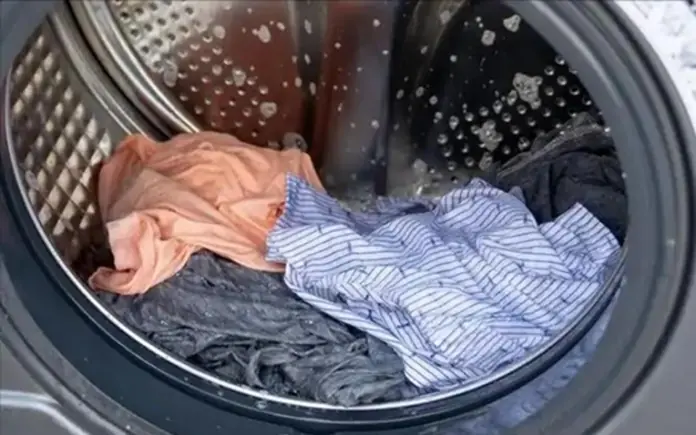
Bad habits after washing clothes make the whole family sick!

Depressing find at the bottom of the Mariana Trench is a warning to the world

What’s Really Causing Your Leg Cramps at Night and How to Finally Stop Them

5 warning signs of cancer developing in the body

11 uses of this tuber that 98% of people ignore
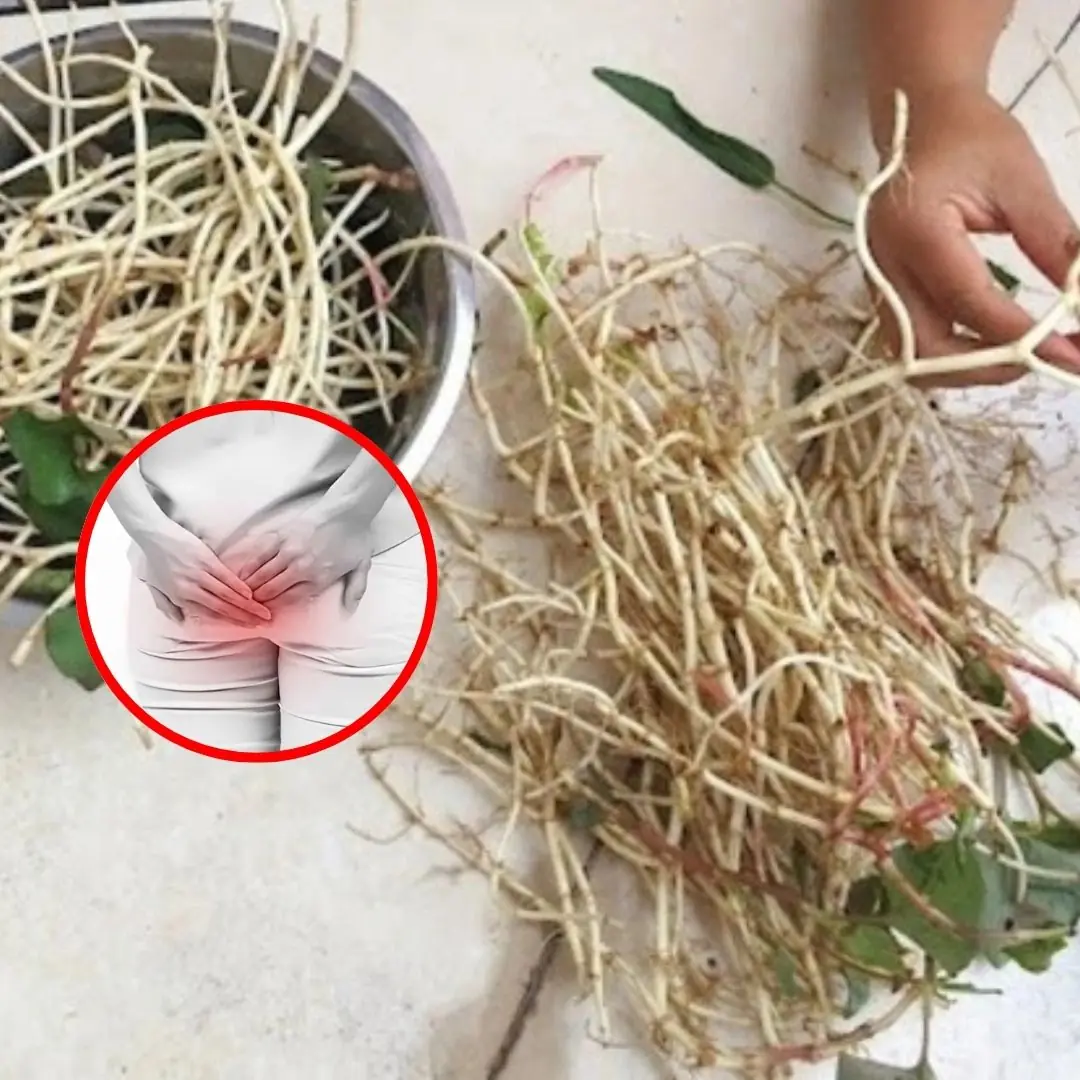
The Overlooked Root You Toss Out Could Be a Potent Remedy

Eat One Clove of Raw Garlic a Day and Unlock These 5 Benefits
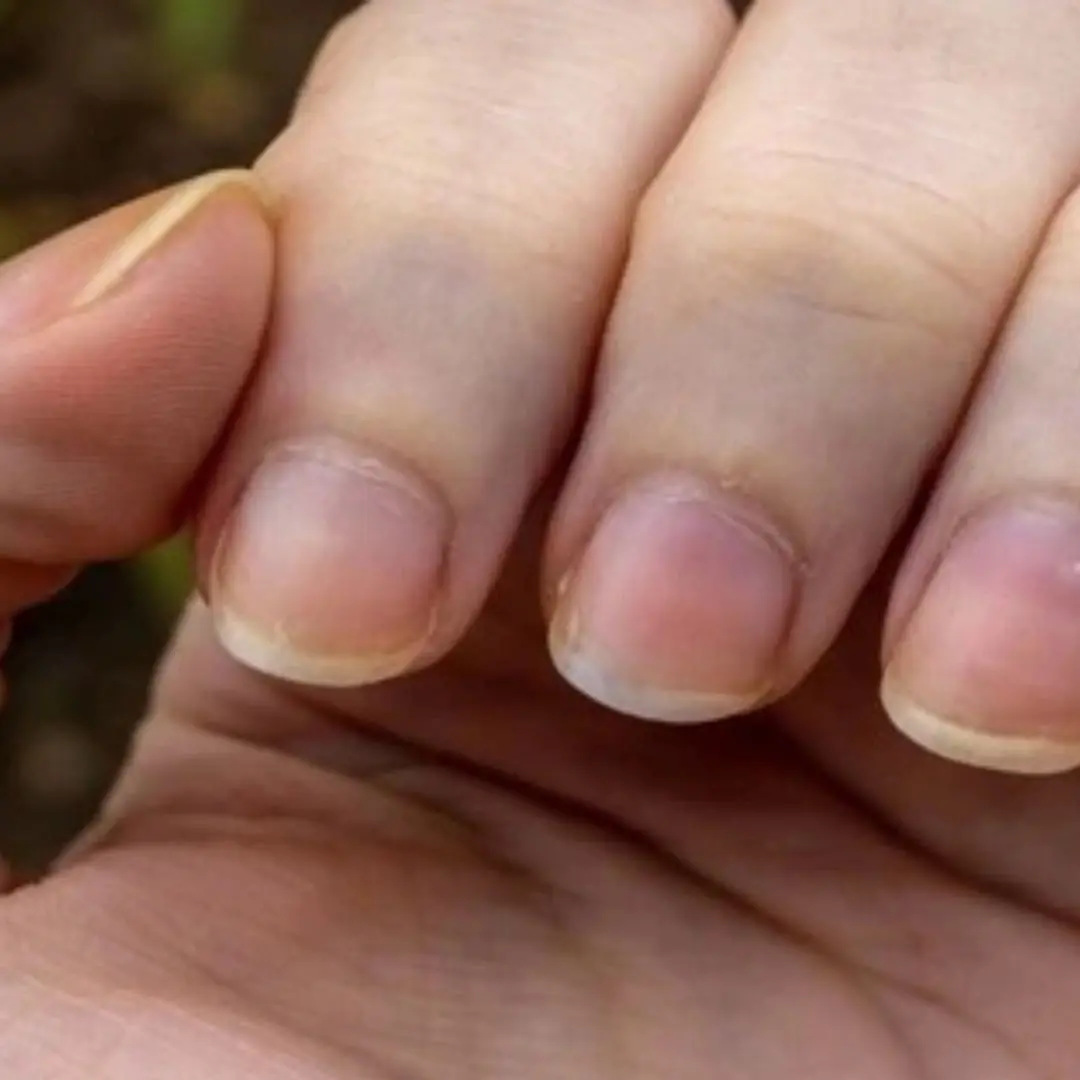
Little-noticed signs on your fingernails can warn you of ca.ncer
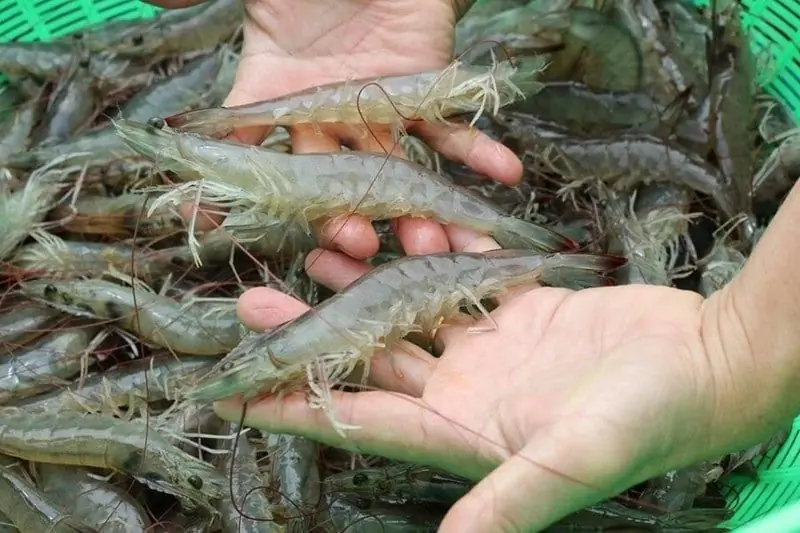
Going to the market for shrimp without knowing this trick will cost you

A Family of Three Was Hospitalized After Eating Fried Eggs
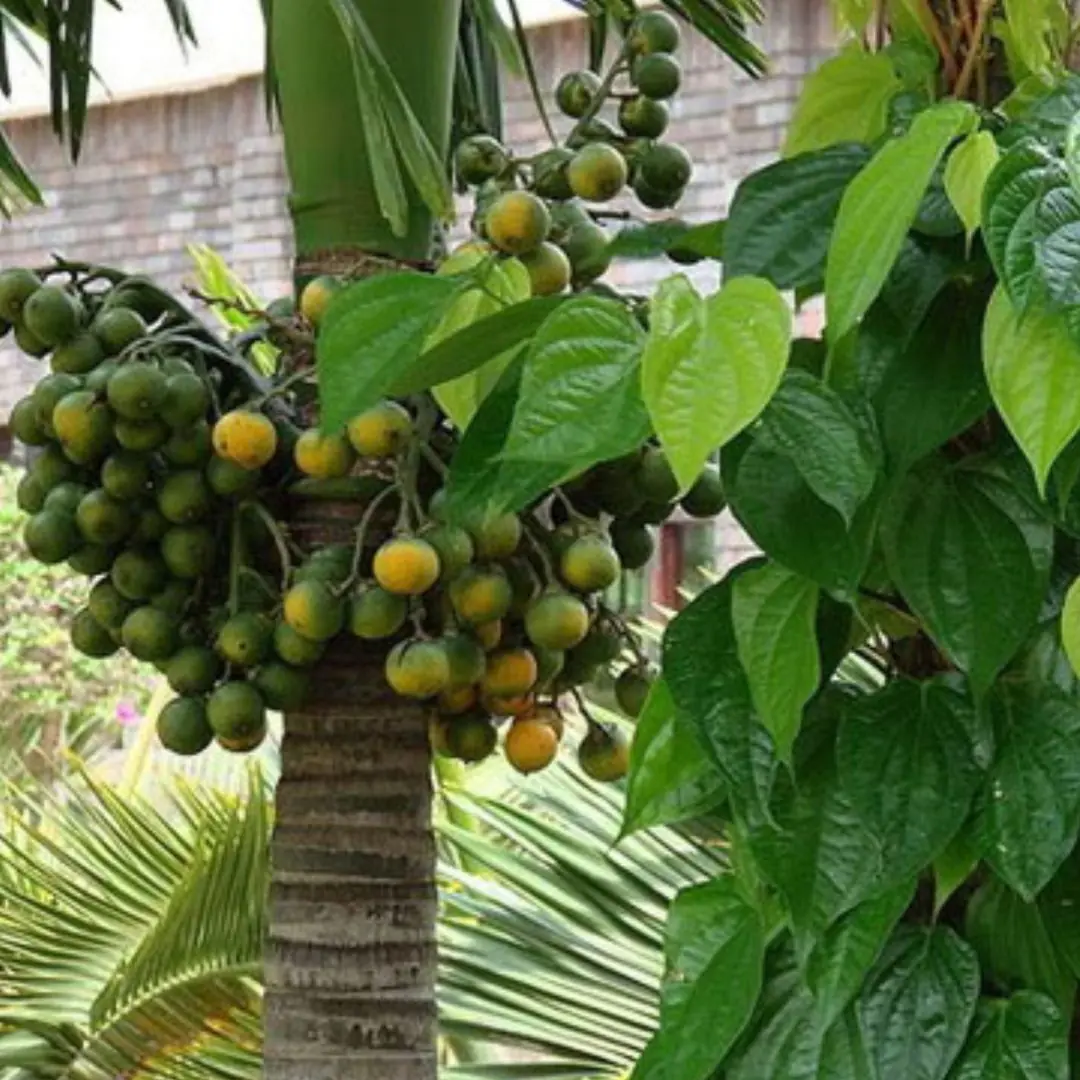
4 types of fruit that easily "awaken" ca.n.cer cells, no matter how delicious they are, you should not eat them

Bruised legs can be caused by some sc.ary diseases so you need to be careful

Chicken vs. duck eggs: Due to a simple misconception, countless people have lost the chance to fully benefit from their nutrients
